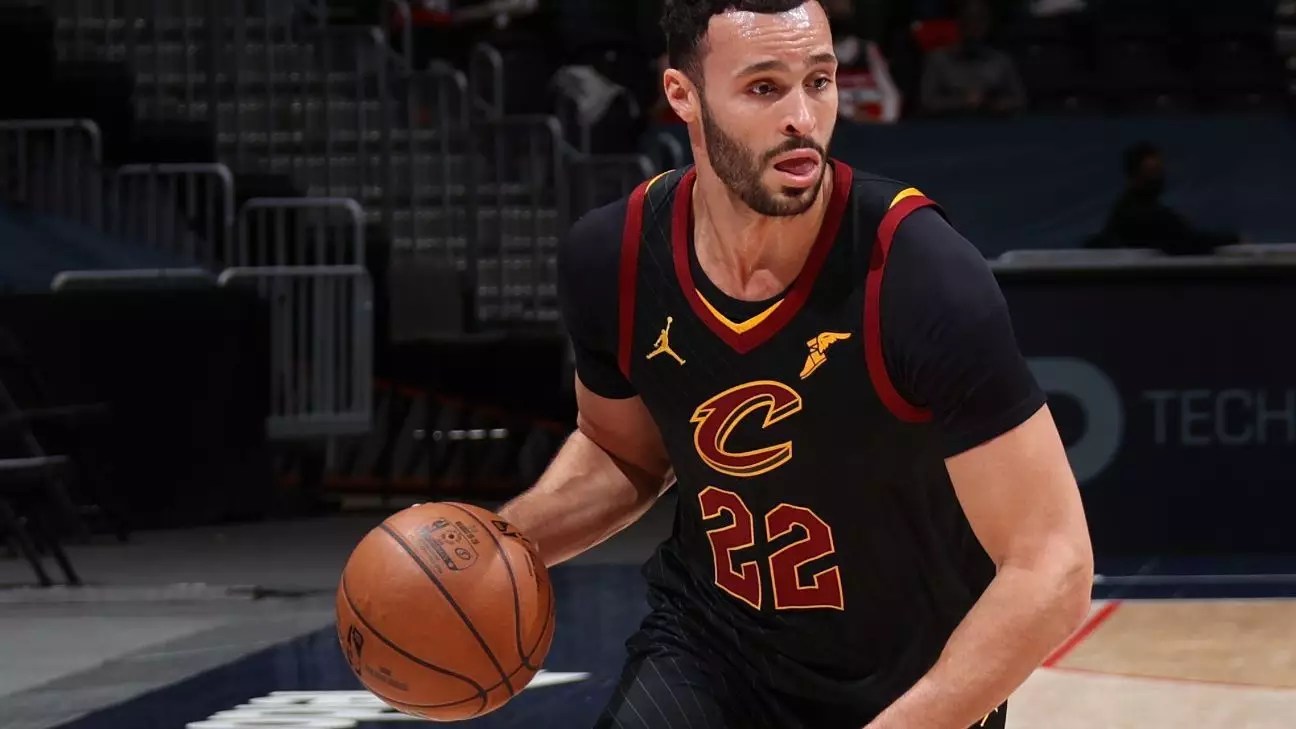In recent years, the intersection between basketball and soccer has grown from casual fan interest to a dynamic cultural shift reshaping how athletes engage with global sports. NBA players, traditionally focused solely on basketball, are increasingly developing passionate connections with international soccer—a phenomenon driven by globalization, shifting fan demographics, and the universal appeal of the beautiful game. This crossover is far more than surface-level fandom; it is fostering deeper cultural exchanges that elevate both sports and their global communities.
The NBA’s integration of soccer culture isn’t happening in isolation. It signifies a strategic acknowledgment of the global influence soccer commands. Players like Victor Wembanyama at the Paris Saint-Germain vs. Manchester City clash or Jimmy Butler exchanging jerseys with European stars exemplify how these athletes transcend their sport to embrace a broader sporting identity. NBA teams are increasingly acknowledging the significance of international tournaments and soccer’s deep-rooted fan engagement, often modeling their own events and tournaments after successful European soccer formats. For instance, the NBA’s in-season tournament draws inspiration from European soccer competitions, fueling a competitive spirit that mirrors established soccer traditions.
The emergence of platforms like “Switch the Play,” led by Larry Nance Jr., underscores how players desire to express and explore this connection openly. By creating dialogues around their beloved sport, NBA athletes are humanizing themselves, showcasing their multi-dimensional identities. In doing so, they resonate with fans worldwide, who see athletes not just as basketball stars but as passionate sports enthusiasts. This trend enhances the cultural relatability of NBA players, making the league more globally relevant and culturally vibrant.
Athletes as Cultural Ambassadors: Changing Perceptions of Sports Loyalty
The crossover also challenges stereotypes of sports loyalty. Historically, athletes were expected to be solely committed to their sport. Today’s NBA stars openly root for soccer teams, discuss their favorite leagues, and attend matches abroad. LeBron James, Luka Doncic, and Joel Embiid aren’t just basketball icons—they’re also ambassadors of a multicultural sports ethos. Their enthusiasm helps break down cultural barriers, fostering a sense of shared passion that resonates across different fan bases.
Larry Nance Jr., a player with a unique perspective due to his deep personal involvement in soccer—including being part owner of Leeds United—embodies this shift. His efforts to launch “Switch the Play” serve as a platform for broader dialogue, bridging basketball and soccer communities and providing fans insight into the athletes’ multidimensional passions. By doing so, Nance and his peers elevate the athlete-fan relationship into a more authentic, culturally rich space, emphasizing that modern sports figures are multifaceted individuals with diverse interests.
Furthermore, the increasing visibility of international stars attending NBA games—Vinicius Jr., Kylian Mbappe, and Messi—reinforces the notion that sports are a global, interconnected web rather than isolated silos. This movement embodies the idea that sports can be used as a diplomatic tool of cultural exchange, fostering mutual appreciation among fans worldwide and inspiring younger generations to embrace multiple sports interests.
Implications for the Future of Global Sports Engagement
This interconnectedness signals a promising future for global sports, where collaboration and cultural exchange become standard rather than exceptions. The NBA’s embrace of soccer is more than a marketing strategy; it’s a cultural evolution that empowers athletes and fans alike to see sports as a unified language transcending borders.
In this new landscape, athletes’ identities will continue to expand beyond their primary sport, enabling them to forge stronger personal brands rooted in diverse passions. This, in turn, encourages younger athletes to develop holistic identities, positioning sportsmanship as a broader cultural phenomenon. The impact on youth and grassroots programs could be profound, inspiring new generations to engage with multiple sports, fostering a more inclusive and globally minded sports community.
Ultimately, as basketball and soccer intertwine more deeply, the sports world moves toward a future where international collaboration and cultural appreciation become core tenets. This evolution holds the potential to reshape how fans, players, and even organizations view sports—not as separate entities competing for attention but as interconnected expressions of human passion and cultural identity.


Leave a Reply